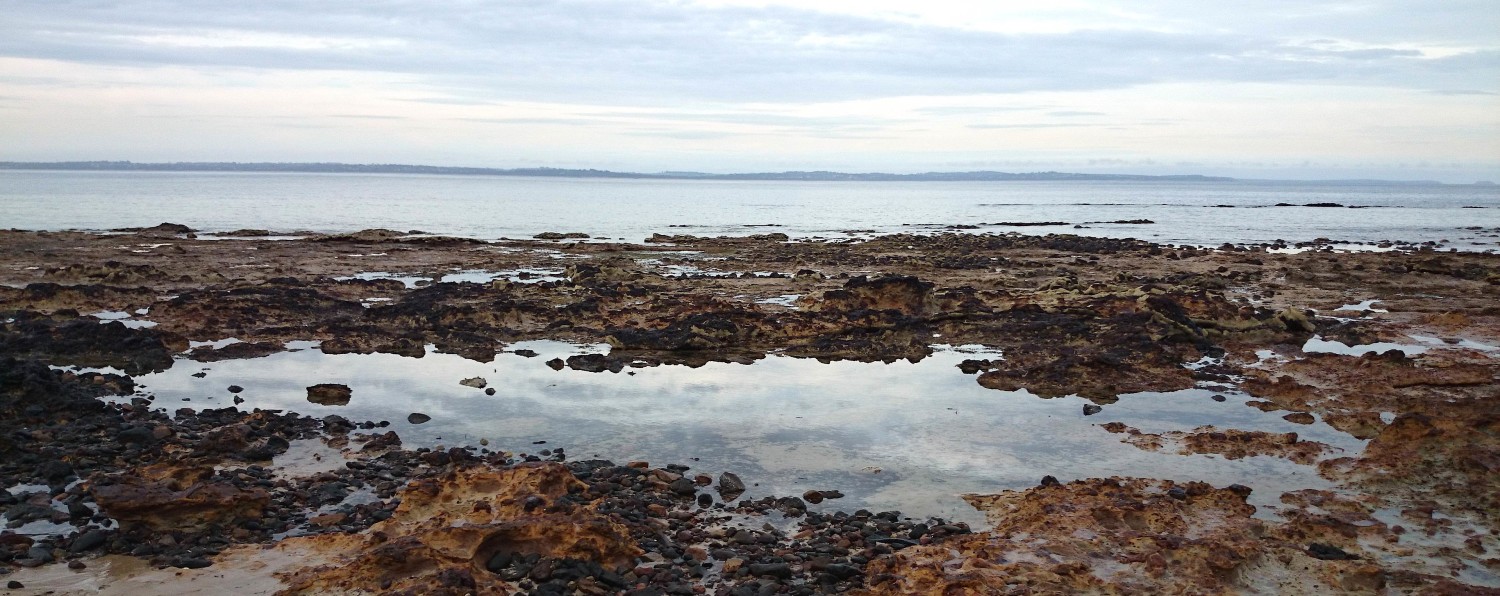Today marks a (strange) milestone. It is one that, like a significant birthday, snuck up on me, gradually and unexpectantly.
It seems from my records that today is the 5555th day of a continuous reflective personal practice. The back-ground story goes like this …
In December, 2000 I was completing the capstone unit in a sixteen-unit Masters degree in Leadership and Management (MLM). The program was innovative for its time in using personal journaling and peer-coaching to support a practice in transformational business and social development.
We were asked (as a requirement of the Course) to develop a reflective journaling practice and I used the opportunity to create a daily reflective practice to support my learning. The first learning journal entry was 2 December, 2000 and on completion ran to 47 pages and 22,000 words over the next six months, finishing on 8 July 2001.
When the module finished, I simply kept up that daily practice.
If we fast forward to today, it seems my reflective journal has now run for 5555 days (15 years and 2 months). The journals themselves comprise 30 volumes and cover over 3140 pages. At an average of 455 words per page, this amounts to approximately 1,430,000 words as a record of a daily reflexive inquiry practice.
What is interesting looking back now, is how fresh those inquiries from 15 years ago are. They concerned balancing personal style and respectful outcomes, and the premise of humane motivations in forming inspiring work situations. The same themes are nascent for me today, even though I am very different in myself.
By looking up the original artefacts I now recall how the format for the first journal was formed to make best use of this opportunity. The journal entries used a five-fold learning cycle of: a) an observation of context, b) a critical learning event as instigation, c) a learning reflection as new sense-making, d) an application as practical resolution; and e) an integration of the learning as new-being. It worked well.
As one comparison, I have recently been reading the translations of the diaries of Leo Tolstoy (compiled by R.F. Christian). His journal practice started when he was 18 and continued for 63 years until his death in 1910. Tolstoy often read and re-read his own diaries which were recorded ‘to monitor the development of his faculties’. On 24 September 1906 there is this one passage, that I find instructive:
“How much more valuable and important than writing is the business of living – direct relationships with people. In that case you have a direct effect on people, you can see your mistakes and can correct them, but with writing you don’t know anything, perhaps you had an effect, perhaps not; perhaps you were not understood, perhaps you said the wrong thing – you don’t know at all.” (p. 400-401)
My good fortune was to be invited into trying a skill (being a requirement at the time) and to choose to do more than the minimum, and as a result receive a gift that is more than one can have imagined. Often how we begin, is how we continue. This pausing to look back has also made me think of a quote I once heard:
‘In your work, do you have 20 years of experience,
or one year of inexperience, repeated 20 times?”
What then is the difference of simply going through the motions with repetition, and taking an event each day as a chance to re-make oneself, to change a part of your identity, and practice that relinquishment of self, daily? For while reflection involves the act of bringing into being the self as object to consider, the act of journaling itself, does not a transformation make.
If I think now about how long this practice has been with me, I find myself also reflecting on the unreasonableness to ask others to do something that some find natural, that they may have not ever even considered, let alone practiced.
We often ask others to pause, consider, reflect, discover and enact in new learning. Yet this is not a habit formed naturally, even though like life, the opportunity to do so will present itself perpetually. How can we be expected to instantly demonstrate, what takes 10,000 hours of practice to generate? The reflective question (for today) becomes:
“What is it to learn as an adult in affirmation of the self-as-is, and what is it to learn adultly the transformation of the self-that-might-be?”
Without my previous daily practice, I doubt that question would have even arisen for me this day. The reflection for today is to look forward to the next grouping of 5555 days – and also towards the who that I am, finding out once more a self-in-becoming, as he will in vulnerability and inquiry become.
Tolstoy concludes: ‘Yes, life consists of shaping and improving oneself, and it goes on as long as it can in that form.‘ (26 October, 1906).
For as we have been, so we may become …

Image: © willvarey 2016 | MONA, Tasmania
